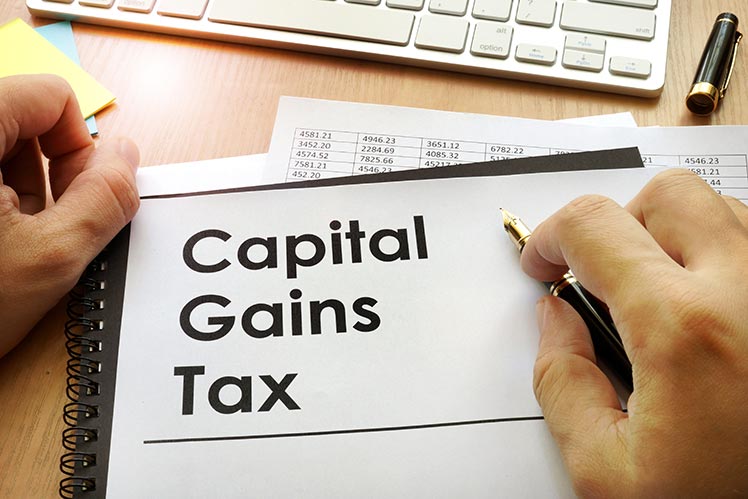
Are you thinking of selling your real estate investment property and worried about capital gains and tax consequences? When you sell your investment property at a profit, you’re liable to accurately report your capital gains to the IRS and to pay taxes on what you made from its sale.
What Is Capital Gains Tax?
Capital gain is an increase in the value of a capital asset where the price at sale exceeds its adjusted basis. It’s calculated by subtracting the sales price from the adjusted basis. Let’s say a taxpayer has paid $700,000 for an investment property and claimed $100,000 in depreciation over the holding period, and sold the property for $1,000,000. The adjusted basis is $600,000, and the capital gain would be $400,000.
Capital gains tax is the taxation on the profit realized on the sale of a capital asset. The tax rate is dependent on the taxpayer’s income level, filing status, and the length of time the taxpayer held onto the asset before its sale. Assets held for more than one year, or long-term capital gains, are taxed at lower rates. Short-term capital gains result from holding onto assets held for less than a year before its sale. The numbers for each rate change each year to account for real income.
Short-Term or Long-Term Capital Gains Tax Rates
Short-term capital gains are taxed like normal income, and the total gain is added to the income for that year. These rates range from 10% to 37%, with seven marginal tax brackets that depend on the taxpayer’s income level. Short-term capital gains can also push taxpayers into a higher tax bracket, resulting in higher tax rates. Short-term gains can be reduced by short-term loss and is limited to $3,000 for single taxpayers and $1,500 for married taxpayers filing separately.
If you’ve held onto your real estate investment property for over a year, you’ll owe either 0%, 15%, or 20%, depending on your level of income for that year. If you have a net capital gain, or the amount by which your net long-term capital gain for that year is more than your net short-term capital loss for that year, then a lower tax rate may apply.
Primary Residence Exclusion
We’ve mentioned capital gains tax for real estate investment properties, but what about on the sale of a primary residence? The primary residence exclusion allows taxpayers to exclude $250,000 from net profits from the sale of a primary residence if filing as single for the tax year or $500,000 if married and filing jointly. To qualify, there are rules that must be followed:
- You must have owned the home for at least two of the five years before the sale.
- The property was used as a primary residence for at least two years in the same five-year time period.
- Capital gain was not excluded from the sale of another home in the two-year period before the sale.
Home improvements can also be used to reduce the amount of capital gains tax owed. Take the amount of money spent on improvements and add that to the initial price of the home to get the adjusted cost basis. If you purchased your home in 1995 for $135,000 and sold it in 2020 for $450,000 with $75,000 worth of home improvements, you’d meet the requirements for the primary residence tax exclusion with an adjusted basis of $240,000.
Defer Capital Gains Taxes With a 1031 Exchange
Another way to defer capital gains tax on a real estate investment property is through a 1031 like-kind exchange. Under IRS Section 1031, taxpayers can defer capital gains tax on a business or investment property by selling one and replacing it with like-kind property within a strict time period. To defer all gains, the replacement property must be equal or higher in value than the relinquished property.
If you’re looking to invest or want to sell your real estate investment property, it’s important to be aware of capital gains tax and which tax bracket you fall into. Calculating your capital gains and your tax rate can be a complex procedure, and your best option is to consult with a tax professional to guide you through the process.


